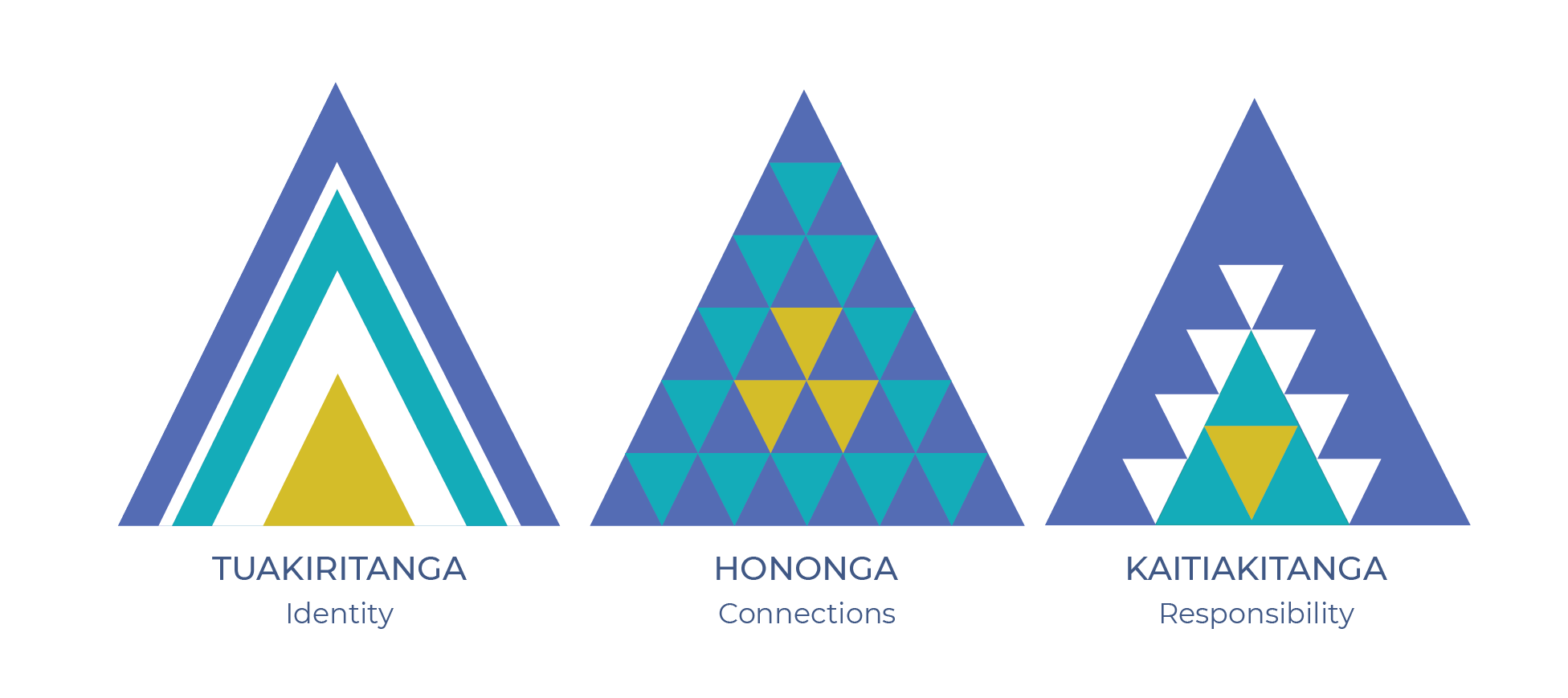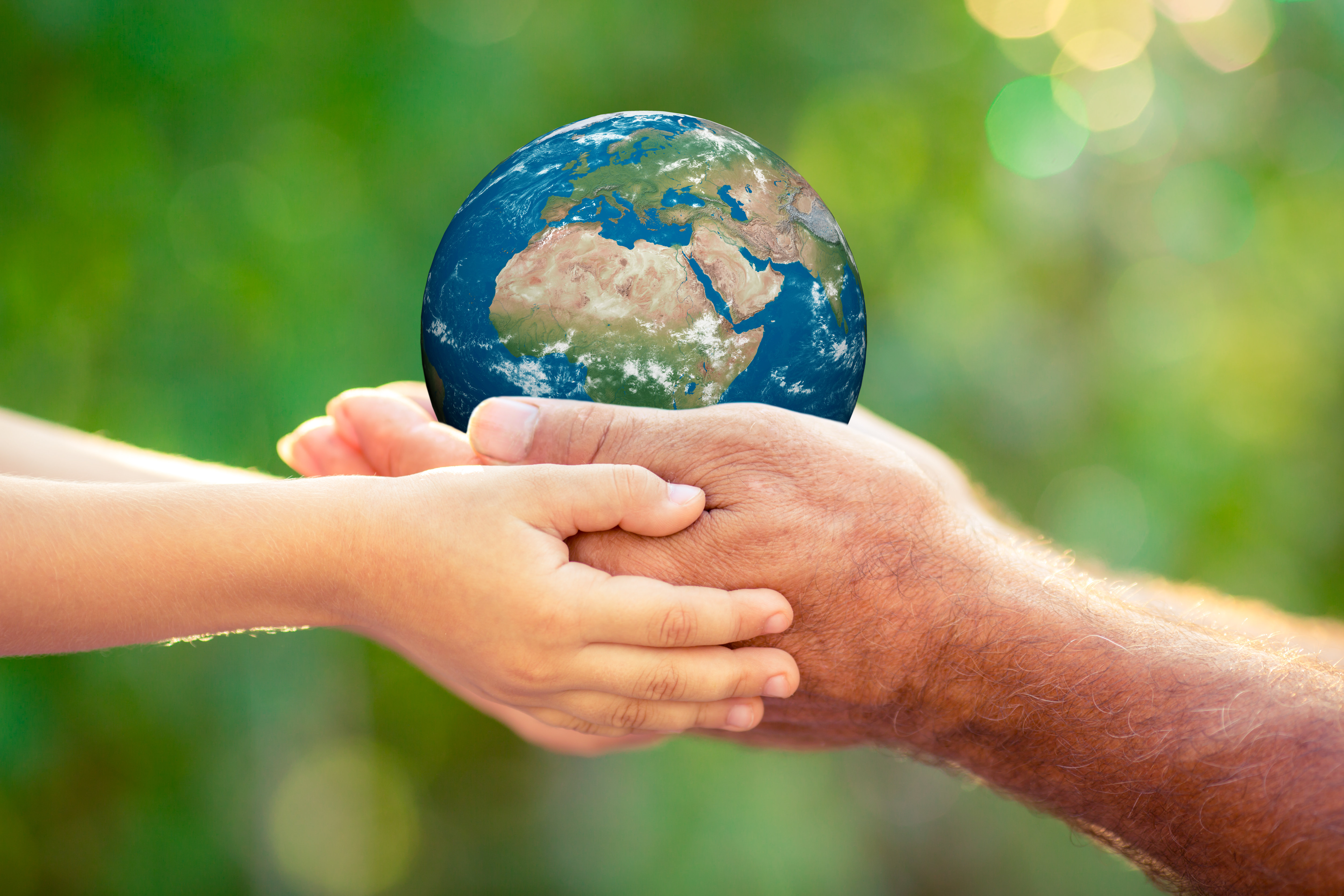Global citizenship education teaches young people to actively respond to the challenges facing our world today.
What is global citizenship education?
Global citizenship education equips young people to think critically about global challenges, inequalities and injustice. It educates young people to respond in ways that create a more equitable, inclusive and sustainable future.
The Centres of Asia-Pacific Excellence have developed a framework for global citizenship education in Aotearoa New Zealand that is underpinned by three big ideas:
Global identity
Global connections
Global responsibility

Developing a global identity helps to strengthen young people’s awareness of who they are in the world through relationships with people, place, and environment.
Building global connections fosters curiosity to learn about, learn with and learn through cultures, languages, people and places within our local and global communities.
Global responsibility encourages young people to identify, critically examine and creatively respond to the challenges, injustices and inequalities that face our world today.
In this clip, Hon Jan Tinetti, Associate Minister of Education, talks about the importance of global citizenship education and why developing global identity, building global connections and responding to global challenges are key components of global citizenship education.
Global citizenship education in The New Zealand Curriculum
Global citizenship education is not a stand-alone subject or curriculum area. It is interdisciplinary in nature, drawing on concepts, knowledge, skills and understandings from a wide range of learning areas.
For example, in The New Zealand Curriculum, global citizenship education is embedded within the vision, principles and key competencies. It is integrated throughout the social studies, geography, history, learning languages, health and physical education, arts and economics learning areas. In Te Marautanga o Aotearoa, rangatahi are encouraged to contribute to Māori society and the wider world in effective and positive ways.

Global citizenship education embraces a lifelong and life-wide approach to learning. It encompasses all ages and developmental stages, including early childhood, primary, secondary, tertiary and adult education.
Global citizenship education utilises real-life contexts for learning. This life-wide approach makes use of authentic settings for learning and draws on the experience and expertise of members within the local and global community.
In this clip, Libby Giles, Senior Strategist for Global Citizenship at St Cuthbert's College in Auckland, talks about how global citizenship education is embedded within the curriculum at St Cuthbert’s College.
